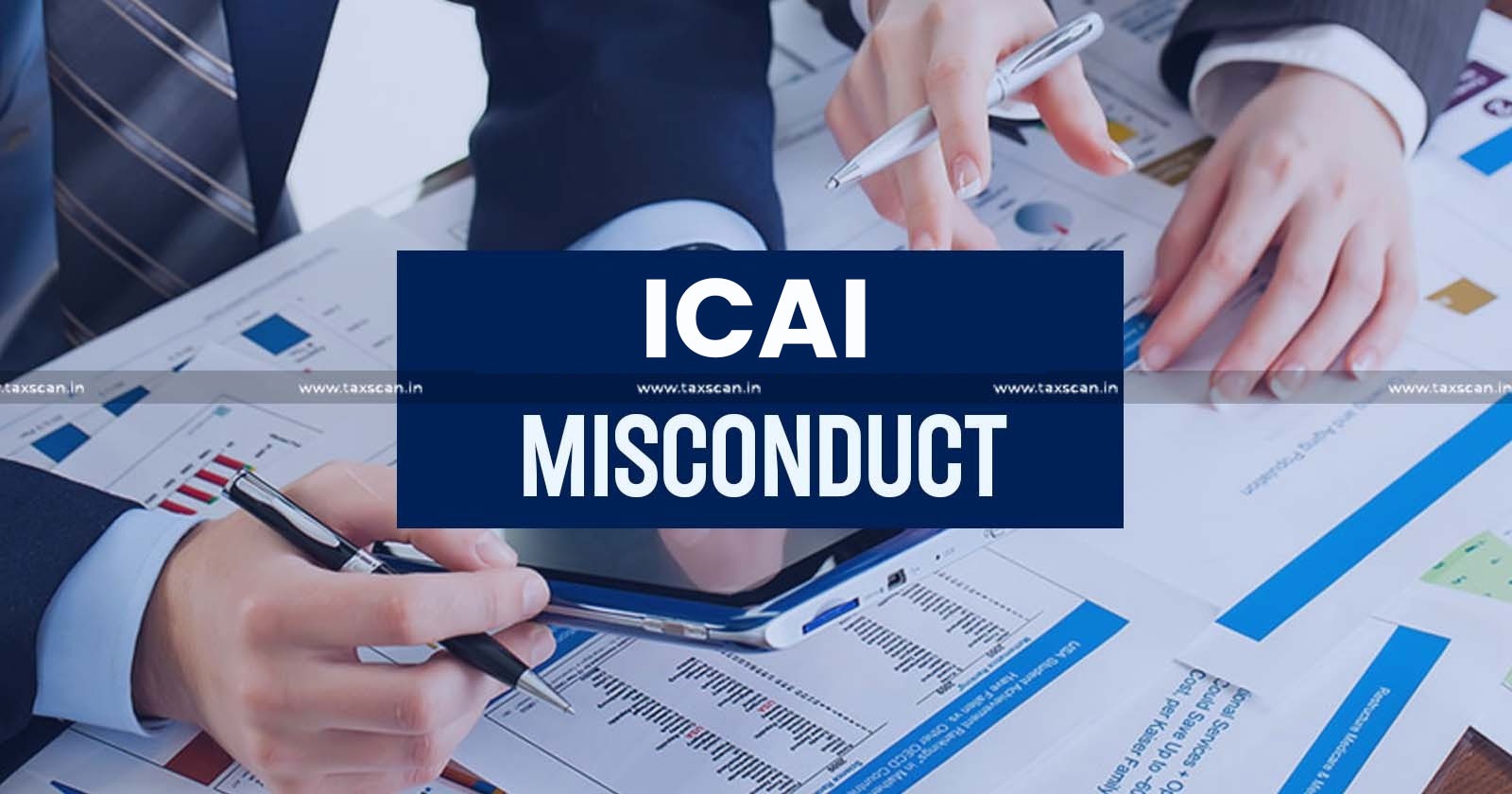1. There are two appeals against the decisions of the District Judge of Patna, dated the 3rd December 1902. In appeal No. 412 the Defendants Nos. 1, 2 and 3 appeal and in appeal No. 424 the Plaintiffs-Appellants appeal. The facts of the case are there was a suit between the Plaintiffs and 5 Defendants, and there was a reference to an arbitrator by the Court of first instance in which reference the Plaintiffs and the Defendants Nos. 1, 2 and 3 joined. It is beyond all doubt that the Defendants Nos. 4 and 5 did not join. The arbitrator gave his decision and the Court of first instance decided that this award was binding not only as against the Defendants Nos. 1, 2 and 3, but as against the Defendants Nos. 4 and 5 also. Then there were two appeals to the District Judge. He decided that the award is not good against the Defendants Nos. 4 and 5 and as regards them the case was not decided. But with regard to the Defendants Nos. 1, 2 and 3, on the authority of the case of Joy Prokash Lall v. Sheo Golam Singh ILR 11 Cal. 37 (1884), he decided that the award must stand. Both the parties appeal. The Defendants Nos. 1, 2 and 3 appeal and contend that the award is not good against them. The Plaintiffs appeal and contend that the award should be held binding against the Defendants Nos. 4 and 5 also.
2. It is clear to us that the reference was against the terms of the law. Under the provision of sec. 506, C.C.P., a reference must be made by all the parties and can only be made if all the parties agree to the reference. This was not done in this case and therefore there was no valid award, and appeal accordingly lay both to the lower Appellate Court and to this Court. Under the circumstances we set aside the decrees of the District Judge and remand the case to him and he should send back the case to the Court of the first instance for trial on the merits. If all of the parties choose to join in making a fresh reference to an arbitrator this course may be adopted. If all the parties do not agree, then the Munsif must decide the case. Costs to abide the result.

